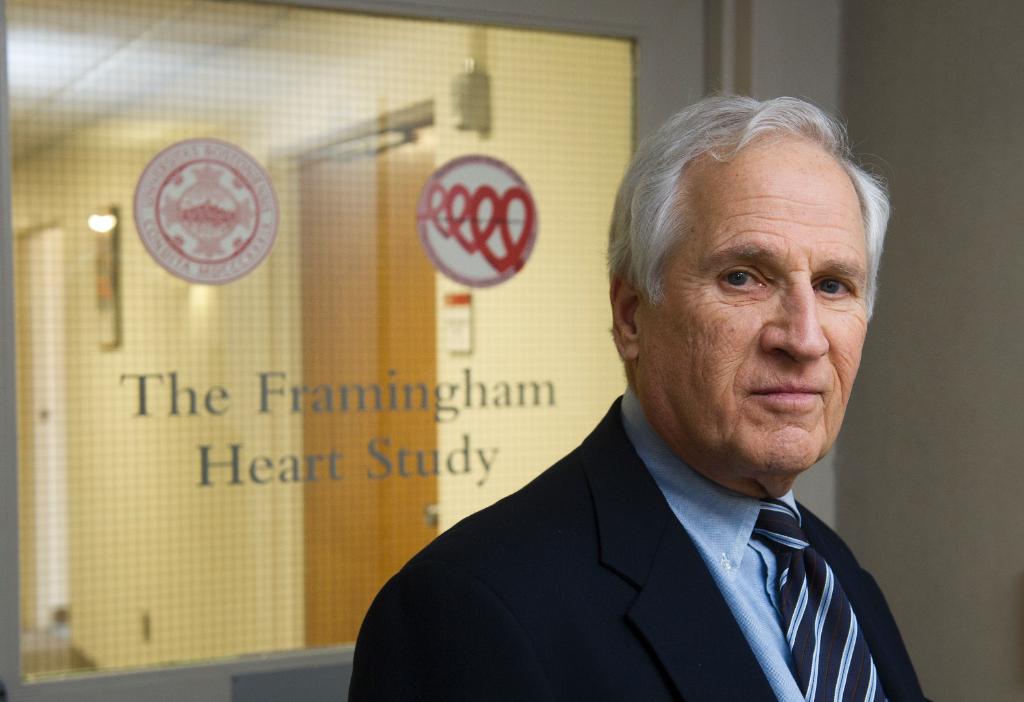Philip Wolf Receives AHA’s Paul Dudley White Award

On April 29, the area’s most prominent physicians, community and business leaders will come together at the American Heart Association’s Boston Heart & Stroke Ball to honor Philip A. Wolf, MD, with the Paul Dudley White Award.
This esteemed award is named in honor of one of Boston’s most revered cardiologists, Dr. Paul Dudley White, founding father of the American Heart Association, and represents the organization’s most prestigious tribute. It has been bestowed annually for more than 40 years to a Massachusetts physician.
Wolf, who is the first neurologist to receive this honor, has dedicated his career to researching the epidemiology of stroke and dementia. He was recruited to the Framingham Heart Study, which has examined cardiovascular diseases across three generations of New Englanders, in 1967 as its first and, at the time, only neurologist. He would go on to serve as the study’s principal investigator from 1989 until 2014.
Wolf’s research identified risk factors for cardiovascular diseases, including stroke. He was co-author of a landmark paper published in the Journal of the American Medical Association in 1970 that was among the first to clearly establish blood pressure as a risk factor for stroke. His research has also showed that hypertension, obesity, smoking, diabetes and physical inactivity are risk factors not only for stroke, but for cognitive decline and dementia, as well.
Wolf, professor emeritus of neurology, has received many honors during his career. In 1992, he was selected by the National Advisory Neurological Disorders and Stroke Council to receive a Jacob A. Javits Neuroscience Investigator Award and was the first to receive the Humana Award for Excellence in Clinical Stroke of the Stroke Council of the American Heart Association. He also received the Mihara Cerebrovascular Disorder Research Fund Mihara Award of the International Stroke Society in 1996.
Wolf has also been elected to several professional associations, including the American Neurologic Association, the American Epidemiologic Society, and the American Academy of Neurology. He received his medical degree from the State University of New York College of Medicine at Syracuse and completed his residency at Massachusetts General Hospital.
View all posts